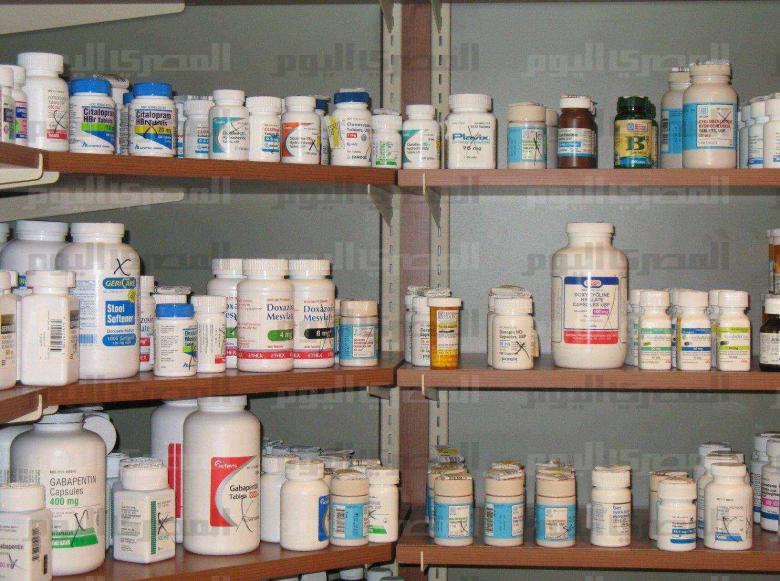 Pharmacists and Health Ministry officials warned on Thursday that the drugs used to cure or treat hepatitis, diabetes and infertility, along with infant milk, are missing from pharmacies across Egypt, as the medicine shortage intensifies.
Pharmacists and Health Ministry officials warned on Thursday that the drugs used to cure or treat hepatitis, diabetes and infertility, along with infant milk, are missing from pharmacies across Egypt, as the medicine shortage intensifies.
Pharmacists said that a growing number of drugs are being added to the "deficiencies list" due to the rise in the price of dollar against the Egyptian pound and its impact on the rates of pharmaceutical companies imports.
Health Ministry officials attributed the crisis to illegal practices of producers, including their refusal to waive the profit margin.
The officials acknowledged the shortage in medicines, stressing that the ministry is addressing the crisis by providing similar drugs as alternatives to the missing products, which the officials said have the same therapeutic impact.
The officials also linked the deficit in medicines to the decrease of Egypt’s credit rating and the closure of some production lines, as well as strikes in drugs factories and a global shortage of some raw materials.
Adel Abdel Maqsoud, chief of the pharmacies owners division, said that 55 Egyptian drug factories have been shut down because of the increase in the prices of imported raw materials, not for commercial reasons, but because of the dollar exchange rate against the Egyptian pound.
Ayman Mekhaimar, spokesperson for the Holding Company for Pharmaceutical Industries, said the company has enough inventory to cover this year. He added that the company is not suffering from the dollar shortage crisis in the country, but instead is struggling to offer a variety of drugs below cost.
The Egyptian Center to Protect the Right to Medicine warned against the effects of the disappearance of subsidized infant milk, a service that helps millions of children, and the shortage in subsidized insulin for diabetics.
In a report released Wednesday, the center accused the government of Prime Minister Hesham Qandil of “indifference” in taking important decisions, noting the repeated recent requests sent to the Prime Minister calling for the purchase subsidized infant milk.
The Health Ministry grants two packs for each family per month, which would put dozens of thousands of newborns at risk, especially premature babies.



